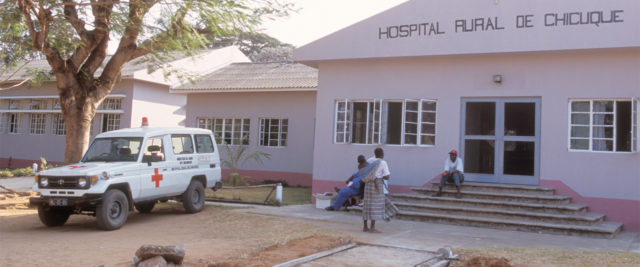When Mozambique’s abortion law was liberalized in 2014, it was hailed as a major step forward for expanding access to safe abortion care. The reform allowed legal abortions on request during the first 12 weeks of pregnancy. But the country’s penal code—dating back to the 1800s—remained an obstacle to women’s ability to determine their sexuality and reproductive health, including access to safe abortion care.
In a new advance, the penal code was recently revised and has progressive language legalizing abortion. This comes after more than two years of advocacy by Ipas Mozambique and others working to implement safe abortion services, raise awareness and advance the reproductive health and rights of women and girls in Mozambique.
“Revision of the penal code has paved the way toward meaningful implementation of the abortion law, which is one of Africa’s more liberal laws and a model for other countries,” says Ipas Mozambique Director Jorge Matine. He says Ipas Mozambique is now working with members of the Sexual and Reproductive Rights Network (DSR) and other advocates on the next step—securing the national Council of Ministers’ approval of standards and guidelines for safe abortion care.
In addition to allowing women to get legal abortions on request during the first 12 weeks of pregnancy, the law and penal code now spell out that, in cases of rape or incest, abortions will be legal during the first 16 weeks, and in cases of fetal anomaly, the first 24 weeks. Abortions must be performed at officially designated facilities by qualified practitioners.
“This reaffirms Mozambique’s commitment to the human rights of women, public health and creating an enabling environment for safe abortion care. It will help us continue to make progress toward reducing deaths and injuries due to unsafe abortion,” says Matine.
For more information, contact [email protected].


